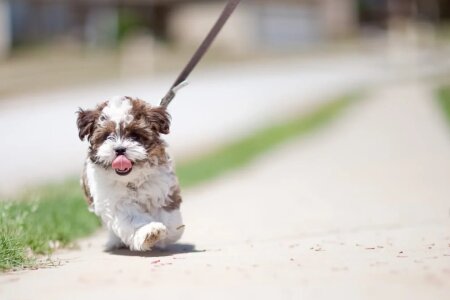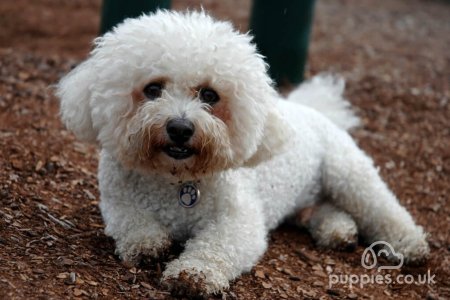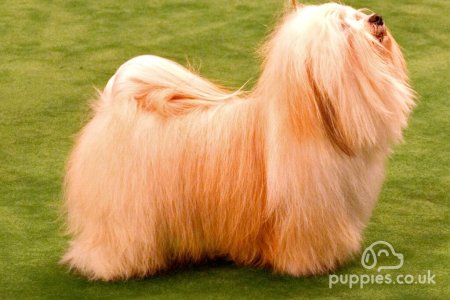Should I Brush My Puppies Teeth?
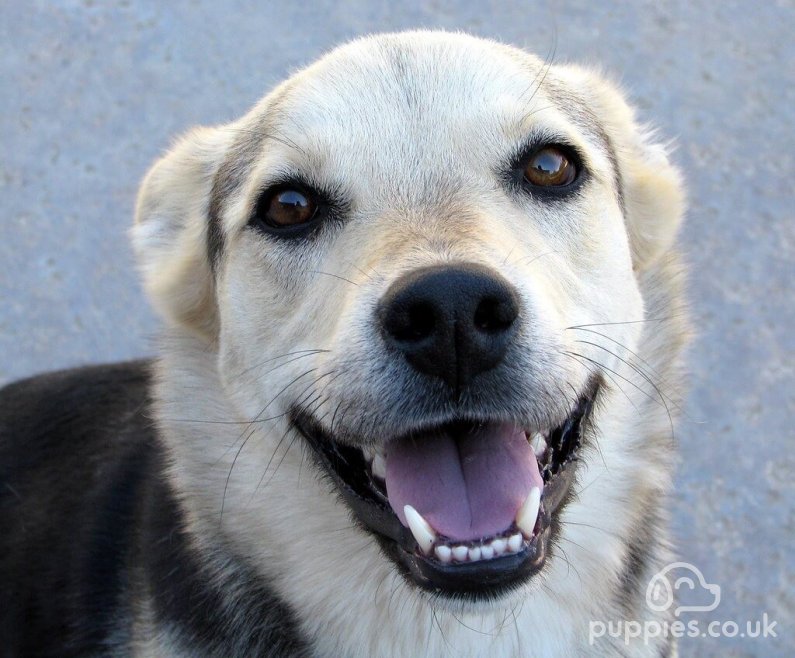
Good dental hygiene isn’t just for humans
it’s important for dogs too. I’ve compiled the most common questions and answers about dog teeth brushing in this article.
Why do it?
Brushing takes care of plaque and tartar. It can also help prevent infections and periodontal disease. If you’re not sure why you should prevent plaque and tartar, just ask your dentist or your vet. Good oral hygiene is an important part of good health.
How do I brush my dog’s teeth?
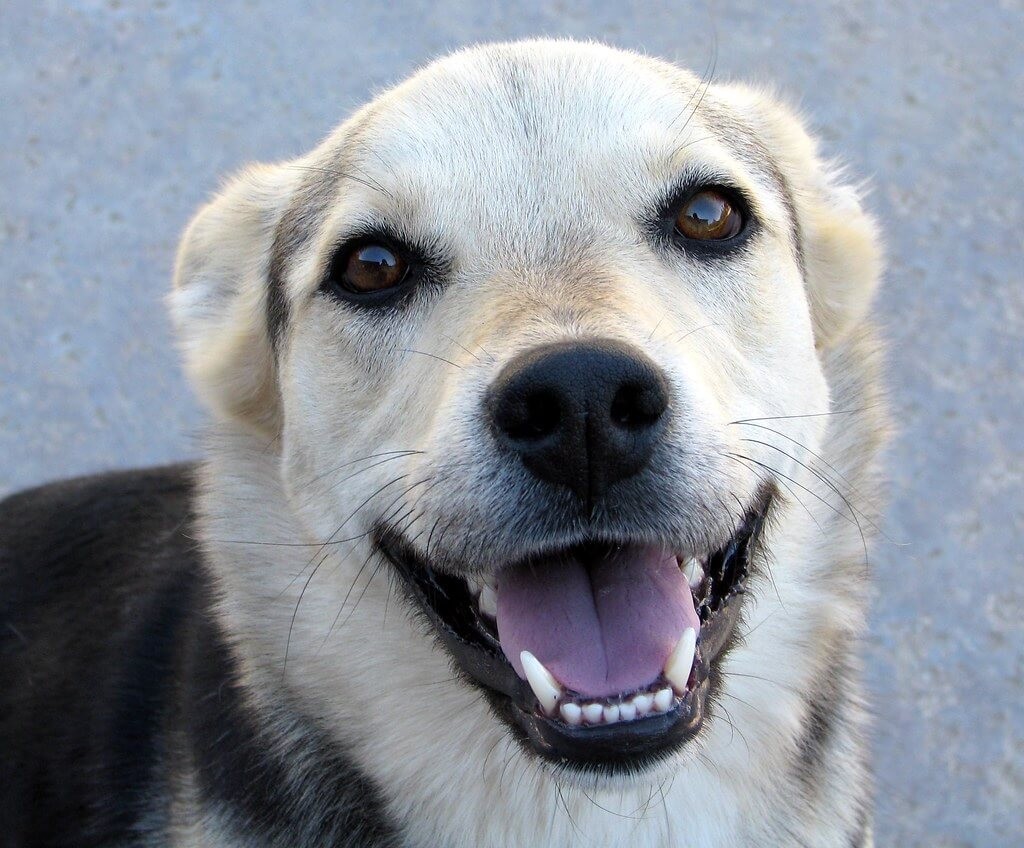
Attribution 2.0 Generic (CC BY 2.0) - Rennett Stowe
Start when your dog is a puppy so she can get used to it. Begin with a piece of gauze wrapped around your finger and gently rub the gums and teeth. That way your puppy can get used to having your finger in her mouth.
Another way is to start with toothpaste on your finger and have your puppy lick it off. Dog toothpaste is flavored so your pup should like it. If she doesn’t, try a different flavor. Next introduce the toothpaste on the toothbrush and let her lick that. When she is used to it, start gently brushing a few teeth at first, then all of them on the outside of her mouth only. You can give her a treat when she’s done.
What do I use for a toothbrush and toothpaste?
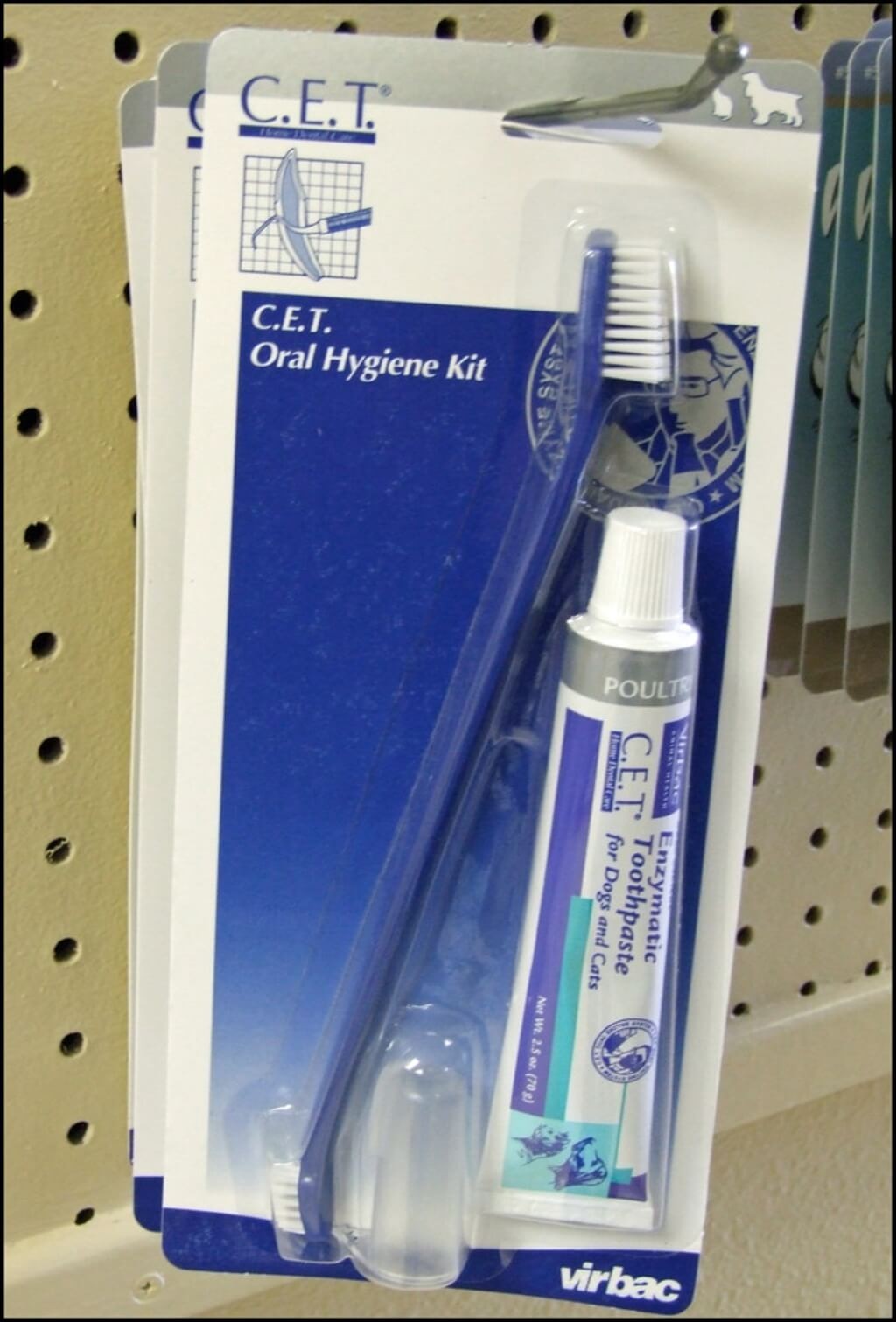
Attribution-NoDerivs 2.0 Generic (CC BY-ND 2.0) - Jeffrey Beall
There are toothbrushes made for dogs that are different from your own toothbrush. They have softer bristles and are angled to fit in a dog’s mouth. There are several active ingredients in pet toothpastes that are meant especially for dogs. Don’t use people toothpaste on your puppy because it may not have what she needs, may have ingredients she doesn’t need or shouldn’t have, and may upset her stomach.
How often should I brush my dog’s teeth?
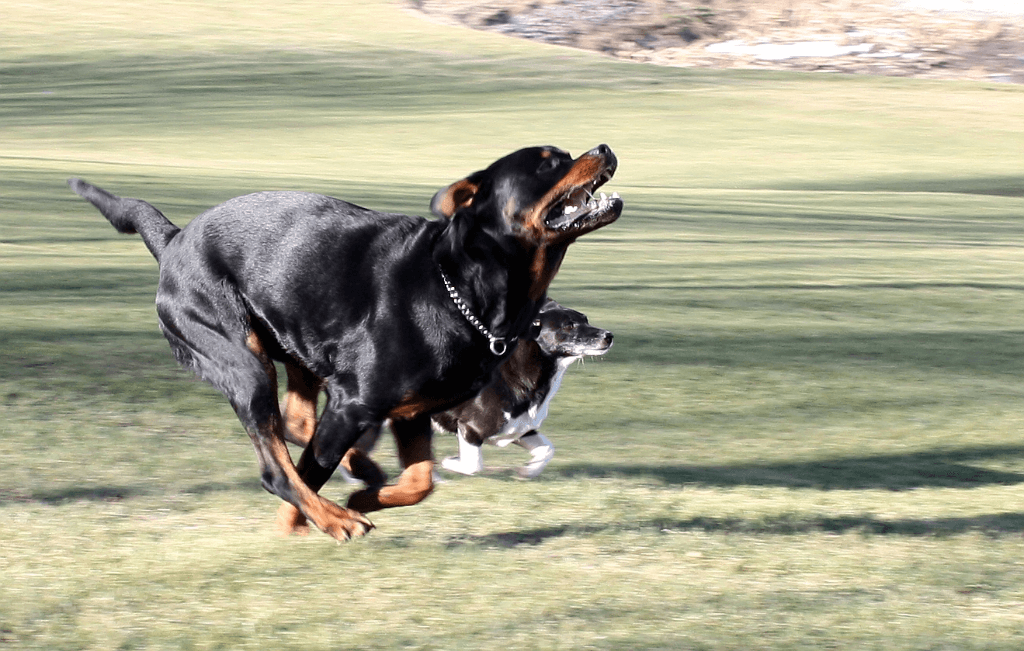
Attribution-ShareAlike 3.0 Unported (CC BY-SA 3.0) - Mundi
Your dog’s teeth should be brushed daily. Make it a routine; brush your dog’s teeth in the morning right after you brush yours. Eventually you’ll find your dog waiting her turn when she sees you brushing your teeth.
What do I do if my dog won’t let me brush her teeth?
If your dog would rather bite you than let you in her mouth, there are several options. 1. Put an additive in her water that fights plaque and gum disease. 2. Treat your dog to chews that are coated with enzymes that prevent bacteria and work on plaque. Ask your vet’s office what they recommend. There are also special dental toys for the puppy to chew on. 3. Try tooth wipes made for doggie teeth. 4. Have your vet do the cleaning under anesthesia. This is the most costly option. Although your puppy may be young, it’s never too early to start with a good oral hygiene plan. Speak with your vet about the best time to start, and then use the information above to get a successful tooth brushing routine going.






